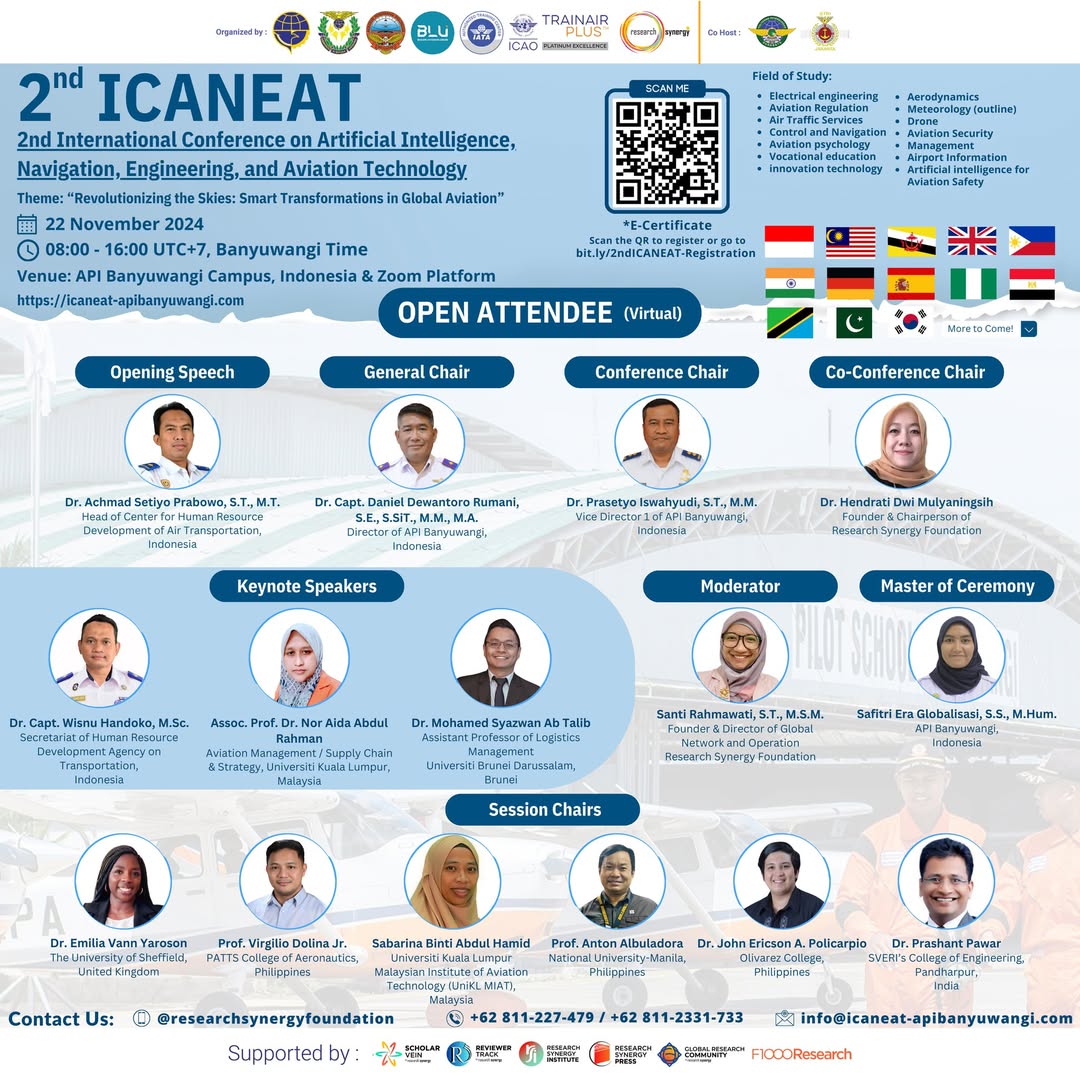Flexible Work Dynamics And Internal Motivation In Realizing Job Satisfaction: A Qualitative Study At PLN UP3 Bukit Barisan
Keywords:
Work flexibility, internal motivation, job satisfaction, work-life balanceAbstract
This study aims to explore how work flexibility and internal motivation are perceived by employees in relation to job satisfaction, especially in the context of work-life balance in the environment of PT. PLN (Persero) UP3 Bukit Barisan. With a qualitative approach and phenomenological methods, this study explores the experiences, perceptions, and meanings formed by employees in dealing with work dynamics that demand productivity while maintaining the harmony of personal lives. The data was obtained through in-depth interviews with purposively selected informants, consisting of employees who live a flexible work system and have dual roles in personal and professional lives. The results show that work flexibility has a positive impact on autonomy and time management, which in turn strengthens employee intrinsic motivation. Internal motivation that grows from a sense of responsibility, achievement, and perceived meaning of work, encourages deeper job satisfaction. In addition, a balance between the demands of work and personal life is key in creating healthy and productive working conditions. These findings emphasize the importance of flexible work policies and strengthening personal motivation as an organizational strategy in improving job satisfaction and employee well-being holistically.
References
[1] Ariani, D. W. (2021). Job Satisfaction: Theory and Measurement. Yogyakarta: Deepublish.
[2] Kiki Farida Ferine, 2024. HR Performance Measurement. Media Straits
[3] Goleman, D. (2020). Emotional Intelligence: Why It Can Matter More Than IQ. New York: Bantam Books.
[4] Hasibuan, M. S. P. (2022). Human Resource Management. Jakarta: Bumi Aksara.
[5] Nawawi, H. (2020). Human Resource Management for Competitive Businesses. Yogyakarta: Gadjah Mada University Press.
[6] Putri, S. R. (2024). Work Motivation and Employee Life Balance in the Digitalization Era. Medan: UNPAB Press.
(By Lecturer of Panca Budi Development University)
[7] Rahayu, S. (2023). Work Flexibility and Its Implications for Employee Satisfaction and Performance. Medan: UNPAB Research & Development Institute.
(By Lecturer of Panca Budi Development University)
[8] Rahayu, S. (2018). The influence of motivation and discipline on employee work performance at PT. Langkat Nusantara Kepong, Langkat Regency. FRIDAY, 9(1), 115–132.
[9] Rahayu, Sri. "The Influence of Human Resource Quality on Employee Performance in Village Unit Cooperatives in Lau Gumba Brastagi, North Sumatra." Journal of Management Tools 12, no. 1 (2020): 51.
[10] Rahayu, S. (2020). The Effect of Transformational Leadership on Work Discipline and Employee Performance. International Journal for Innovative Research in Multidisciplinary Field, 6(2), 250-253.
[11] Robbins, S. P., & Judge, T. A. (2021). Organizational Behavior (18th ed.). Boston: Pearson.
[12] Sopiah. (2021). Organizational Behavior. Yogyakarta: Andi Publisher.
[13] Sugiyono. (2022). Qualitative, Quantitative, and R&D Research Methods. Bandung: Alfabeta.
[14] Tariq, H., Ramzan, M., & Riaz, A. (2022). Impact of Work-Life Balance on Employee Performance: Theoretical Perspectives. Journal of Human Resource and Sustainability Development, 10(3), 128–136. https://doi.org/10.4236/jhrss.2022.103010
[15] Wijaya, Y. (2023). Adaptive Leadership and HR Performance in the Hybrid Work Era. Jakarta: Gramedia.
Downloads
Published
Issue
Section
License
Copyright (c) 2025 Topan Richardo, Sri Rahayu, Kiki Farida (Author)

This work is licensed under a Creative Commons Attribution-ShareAlike 4.0 International License.









